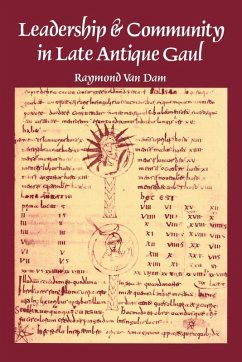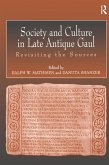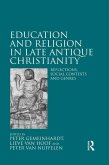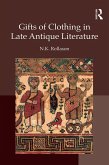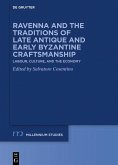The rise of Christianity to the dominant position it held in the Middle Ages remains a paradoxical achievement. Early Christian communities in Gaul had been so restrictive that they sometimes persecuted misfits with accusations of heresy. Yet by the fifth century Gallic aristocrats were becoming bishops to enhance their prestige; and by the sixth century Christian relic cults provided the most comprehensive idiom for articulating values and conventions. To strengthen its appeal, Christianity had absorbed the ideologies of secular authority already familiar in Gallic society.
This title is part of UC Press's Voices Revived program, which commemorates University of California Press's mission to seek out and cultivate the brightest minds and give them voice, reach, and impact. Drawing on a backlist dating to 1893, Voices Revived makes high-quality, peer-reviewed scholarship accessible once again using print-on-demand technology. This title was originally published in 1986.
The rise of Christianity to the dominant position it held in the Middle Ages remains a paradoxical achievement. Early Christian communities in Gaul had been so restrictive that they sometimes persecuted misfits with accusations of heresy. Yet by the fifth
This title is part of UC Press's Voices Revived program, which commemorates University of California Press's mission to seek out and cultivate the brightest minds and give them voice, reach, and impact. Drawing on a backlist dating to 1893, Voices Revived makes high-quality, peer-reviewed scholarship accessible once again using print-on-demand technology. This title was originally published in 1986.
The rise of Christianity to the dominant position it held in the Middle Ages remains a paradoxical achievement. Early Christian communities in Gaul had been so restrictive that they sometimes persecuted misfits with accusations of heresy. Yet by the fifth
Dieser Download kann aus rechtlichen Gründen nur mit Rechnungsadresse in A, D ausgeliefert werden.

